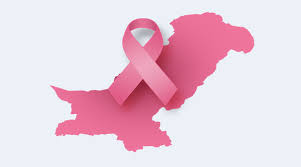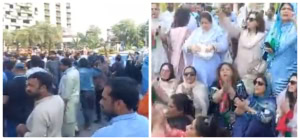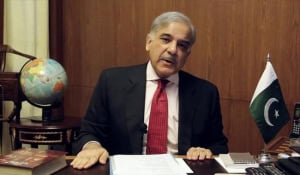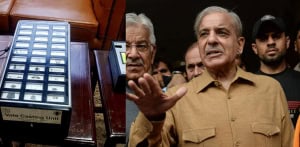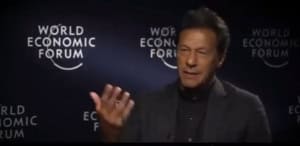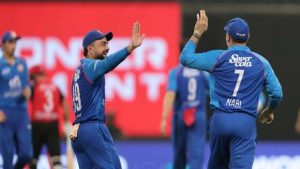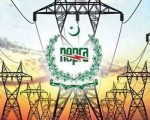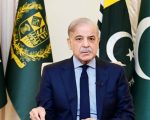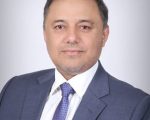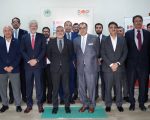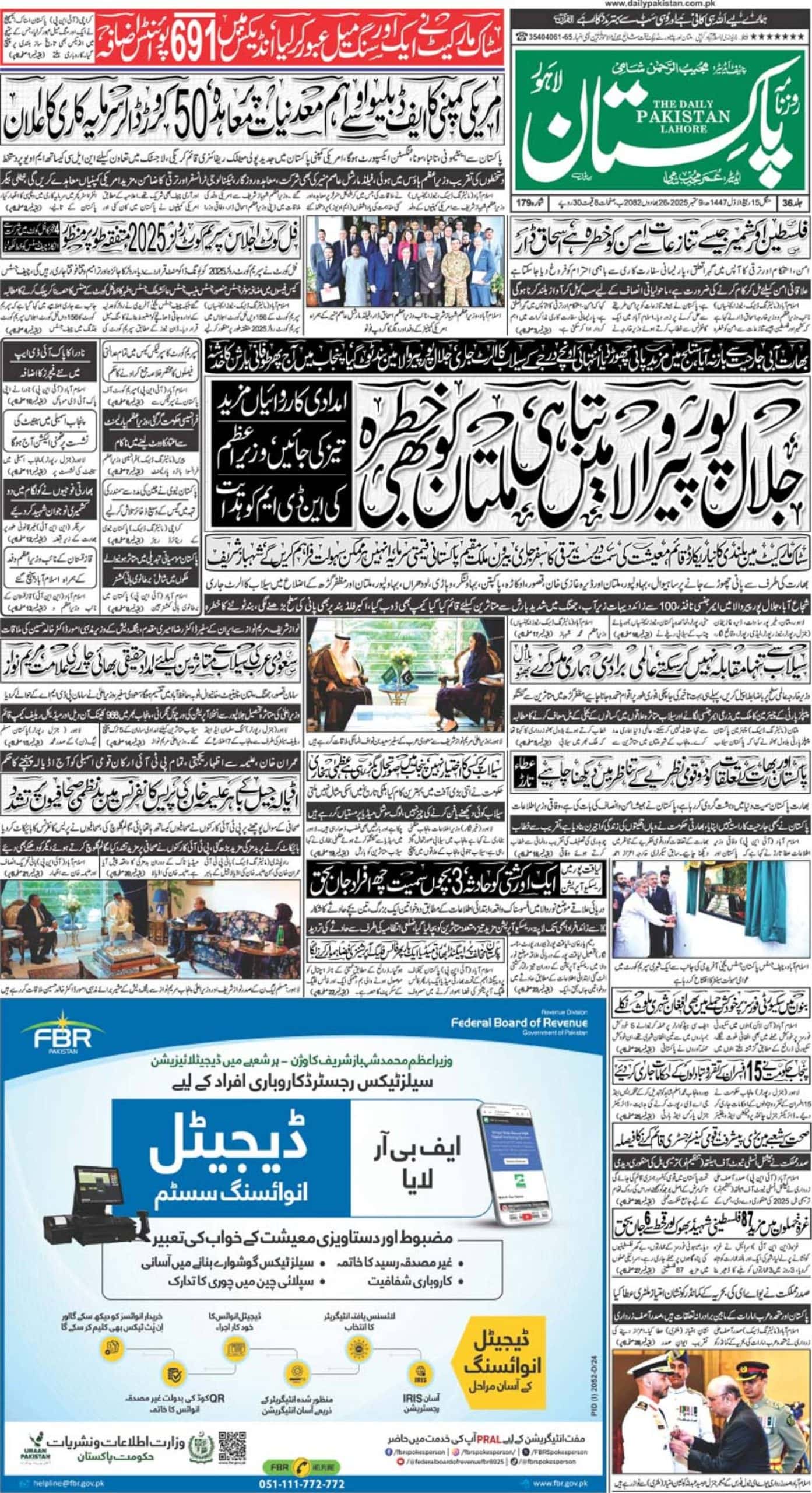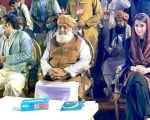KARACHI – Breast Cancer Day was observed at Sindh Institute of Urology and Transplantation (SIUT) at its Hanifa Suleman Dawood auditorium. The event was attended by the doctors, paramedics, medical students and other hospital employees.
The disease is the most common cancer of women in the world and Pakistan has the highest rate of breast cancer in South Asia. In Pakistan patients present late for diagnosis and treatment due to lack of access to healthcare and education. The daily wages in our country translate to less than twenty thousand per month whereas the treatment of breast cancer can run into thousands of rupees and so is not within the reach of the common man. SIUT provides completely free of cost treatment that goes into lacs of rupees per patient. It is therefore not surprising that our number of patients has grown over the past 3 years. Women now come not only for treatment but also to get advice for breast cancer screening.
On this occasion, Dr Bushra Shirazi from the breast surgery oncology department of SIUT said that in our country 90,000 cases are diagnosed every year and approximately half of them die because of late presentation. 1 in 9 Pakistani women may develop breast cancer.
Highlighting the last three years of the department she said that we have treated about 500 breast cancer patients’ majority are between the ages of 30-50 years. The Breast Oncology clinic is held on Mondays on the first floor of Hanifa Suleman Dawood oncology building. It is a combined clinic run in a joint approach with breast surgeons, medical, radiation oncologist and radiologist.
Talking about breast cancer and its various treatments Dr Narjis Muzaffar said that the services provided at the clinic are from clerking in a new patient to onsite breast ultrasounds and biopsies which cuts down the waiting period for diagnosis and treatment.
She highlighted that the breast unit provides treatment under one roof including diagnostics, Surgery, Chemotherapy facilities and Radiation therapy.
DR. Narjis Muzaffar pointed out the different methods of treating breast cancer with chemotherapy, targeted therapy and hormonal therapy. She further said that not all patients are candidates for or require chemotherapy as treatment depends on many factors including the stage of the disease, the biology of the tumour, co-existing medical problems and age of the patients. She also said that all chemotherapy agents have side effects but these are temporary and are reversible.
The experts stressed the need for nationwide awareness and implementation of cancer preventive measures to check this growing menace. Countries with limited resources and confronting financial constraints should aim for efforts at early detection which can be cost-effective, by reducing the stage at diagnosis and therefore improving the survival rate and recovery.
Among the others who spoke on the occasion from SIUT included Dr Uzma Malik (Radiation Oncologist), Dr Sana Saqib (Radiologist), Dr Shaheera Shakil (Histopathology), Ms Rabia Basri (Dietician) and Ms Staff Hameeda (Chemotherapy nursing staff).
